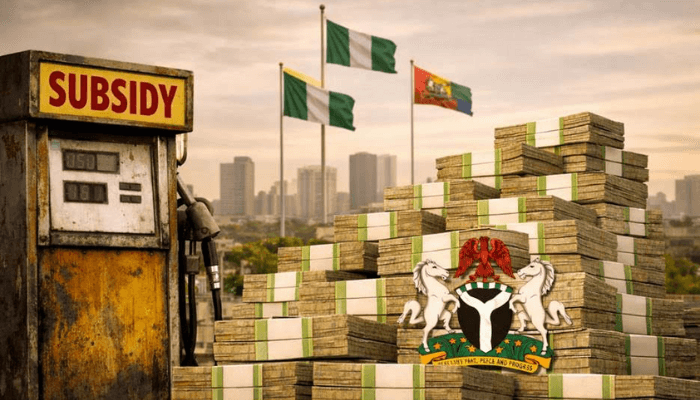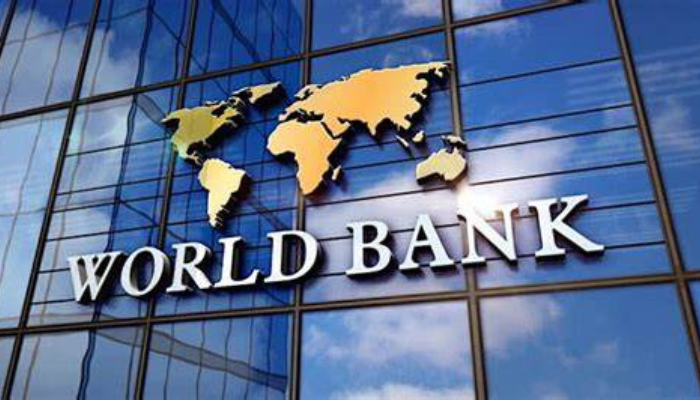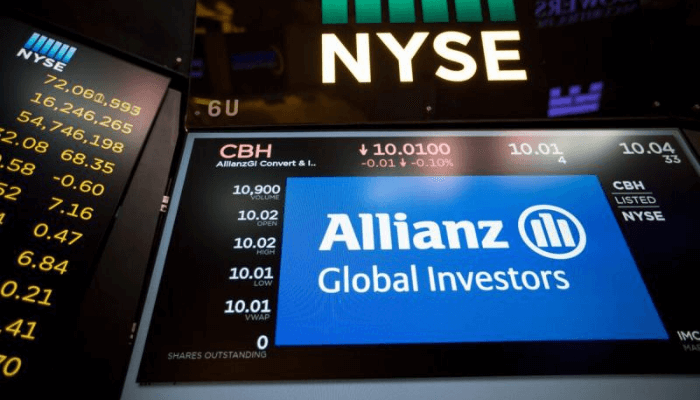GlaxoSmithKline Consumer Nigeria (GSK) Plc, the publicly traded local unit of the U.K.тАЩs biggest drugmaker, said profit declined 52.07 percent after rising operating expenses hurt operations in its home market Nigeria.
Profit was N295.06 million in the first three months through March 2015, compared with N615.57 million, the Lagos-based company said on the website of the NSE. Sales increased 4.4 percent to N7.45 billion, lower than the 8.7 percent inflation rate.
The flagging growth is attributable to weak consumer spending, insecurity in the north part of the country and huge energy costs.
Consumers in Africa largest economy Nigeria are groaning under the ┬а the fuel hike of 2012 that has pressured their wallets, flagging the marginal propensity to spend.┬а
The insecurity in the north part of the country fuelled by the Boko Haram insurgent prevented GSK from moving its products to the crisis region and beyond its borders.
Boko Haram killed more than 13,000 civilians between 2009 and 2015, including around 10,000 in 2014, in attacks occurring mainly in northeast Nigeria, according to amnesty international.
GSKтАЩs operating expenses increased by 22.03 percent to N2.52 billion from N2.06 billion as the company continues to grapple with bad roads and rising energy costs that swell distribution and administrative expenses.
Operating expenses ratio (OER) moved to 33.82 percent in 2015 from 25.50 percent the previous year.
The OER measures how efficient a company is. GSKтАЩs OER of 0.338 percent means the company spent 33.8 percent to create the sale.┬а An expense ratio that is increasing over time means the company is operating less efficiently from period to period.
GSKтАЩs cost of sales reduced by 6.60 percent to N4.53 billion, as against N4.85 billion in 2014 despite the companyтАЩs exposure to currency volatility.
тАЬExchange rate volatility is an issue,тАЭ said T.S Dayanand Managing Director of the firm in an interview with Business Day, held in Lagos yesterday.
тАЬWe will continue to manage that risk and have factored some of it in our budget. We intend to localise more of our manufacturing as much as possible, even as we currently produce 75 percent of our products locally.тАЭ said Dayanand in a recent interview with BusinessDay.
Nigeria central bank scrapped its bi-weekly currency auctions on in February 2015 and the market body said it would sell dollars only at 198 naira, a move that amounts to a de facto devaluation of NigeriaтАЩs currency.
The naira has lost more than 13 percent of its value against the dollar in the past six months, and was trading 0.5 percent stronger at 198.54 a dollar by 5:56 p.m. in Lagos.
GSKтАЩs cost of sales margin reduced to 60.80 percent in 2015 from 65.51 percent in 2014. Gross profits were flattish moved by 1 percent to N2.94 percent, while gross profit margin jumped to 39.19 percent, from 37.19 percent the previous year.
GSKтАЩs total assets increased by 6.50 percent to N29.47 billion in 2015 compared with N27.67 billion in 2014.
The companyтАЩs share price closed at N44.0 on the floor of the NSE while market capitalization was N52.62 billion.
BALA AUGIE








